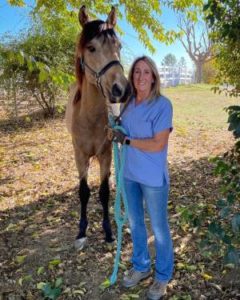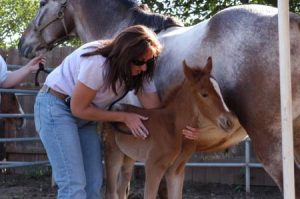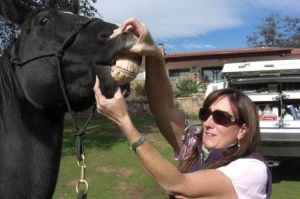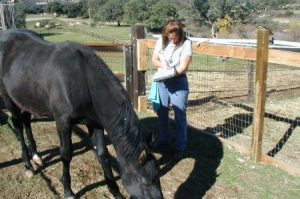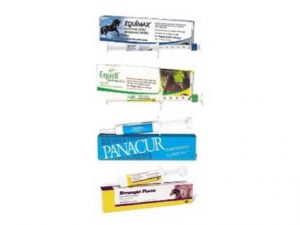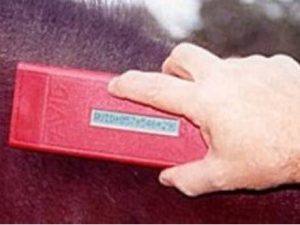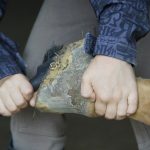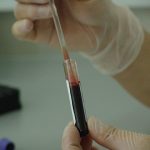
EQUINE RABIES
Rabies is a viral disease that affects the central nervous system. Once an animal is infected, the disease is fatal. In animals, rabies is usually found in wildlife populations, such as skunks, bats, raccoons and foxes. The virus is spread by the bite of a rabid animal or entry of saliva from an infected animal through a break in the skin.
Rabies in horses is unusual and usually occurs as a result of exposure to infected wildlife in wooded or overgrown areas near pastures and stables. Any wild animal showing abnormal behavior should be considered infected with rabies and animal control officials notified. Keep your animals and yourself away from such suspect wild animals.
Clinical Signs and Diagnosis
Signs of rabies in horses can be variable and can range from acute slight, lameness, to a local nerve problem or complex neuralgic sighs. Once clinical signs appear, there is usually rapid progression over 24-48 hours toward in coordination, blindness, disorientation and then inability to rise. The average survival time of a horse showing signs of rabies is 4 days, even though the virus’ incubation time can be quite long.
There is no blood test or other test that can detect rabies before death. The disease is diagnosed by necropsy (examination after death). If rabies is diagnosed at necropsy, any people exposed to the rabid horse before death must be evaluated by their physician and may require rabies exposure treatment.
Handling of Potenial Rabid Animals
There is no successful treatment for rabies. Any horse showing abnormal behavior should be approached with caution. Wear rubber gloves when working around the horse’s mouth. Avoid contact with saliva. Wash your hands with disinfectant soap after working with the suspect horse. If the horse’s neurologic condition is improving, rabies is no longer a concern. If your horse has rabies, euthanasia is required fro public health and humane reasons.
Prevention
Rabies in horses can be prevented by vaccination, followed by an annual booster. Vaccinated horses that are bitten by rabid animal should have a blood sample collected for examination and should be revaccinated and observed for 3 months. Unvaccinated horses that have been bitten by a potentially rabid animal may have to be euthanized. State public health authorities will help make such decisions.
If you have any questions or concerns on rabies contact us at 619.659.1180.

